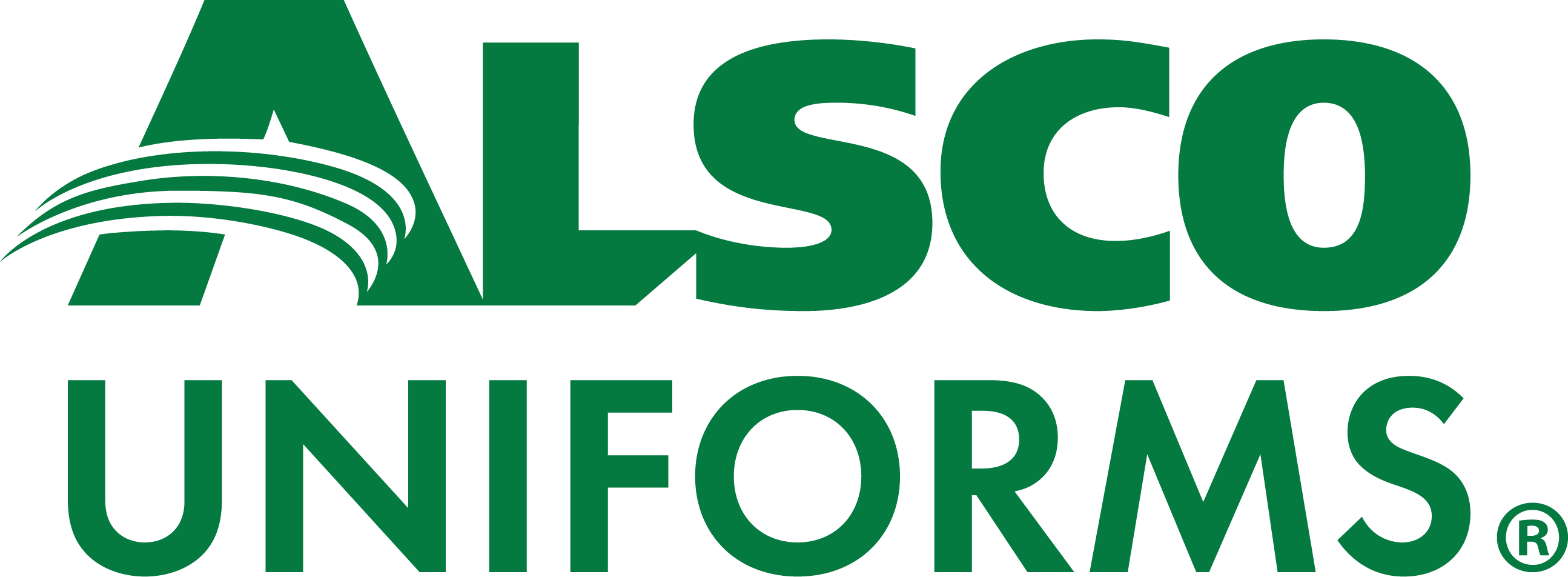
You have undoubtedly seen a variety of different face masks over the last several months. From disposable surgical masks to N95 masks, they are all out there. That does not even include the many face coverings that are not masks at all.
Perhaps the two most frequently seen types of masks are disposable surgical masks and woven cloth masks. How do they differ? More importantly, do the differences affect each mask’s ability to protect the wearer? This post will answer those questions. For the record, our face masks are reusable — they can be washed up to 50 times.
Disposable Surgical Face Masks
A typical disposable surgical mask is not made of textile and thus is considered non-woven. Still, they feel like fabric and are definitely not paper. So what are they?
Most disposable surgical masks are made of polypropylene — a plastic that can be processed as a fiber and blown into place to create what feels like fabric. Manufacturers utilize a melt-blowing process to create these masks.
Melted polypropylene is forced through a die with dozens of miniscule holes. The die creates small fibers that are blown by hot air onto a scaffolding or conveyor. Because the fibers are hot, they bind together. Everything cools as it moves down the line to create the mask fabric.
It has been estimated that disposable surgical masks can filter out 95 percent of airborne bacteria. The density of a typical mask is 20-25 grams per square meter. The masks are waterproof, lightweight and cheap enough to dispose after one use.
Woven Fabric Face Masks
Most reusable masks are made of woven fabric. The fabric can be anything from cotton to polyester. Key to their filtering capability is an inner layer that traps bacteria and viruses. Note that a mask needs to be at least three plies to offer maximum effectiveness. One- and two-ply masks do not offer the same level of filtration.
Filtration capabilities have a lot to do with the fabric too. The tighter the weave, the better the filtration. On the other hand, tighter weaves also make breathing more difficult. Cotton is a preferred material because it provides about 70 percent effectiveness even without the inner filtration layer. Cotton masks with carbon filters are the next best thing to three-ply woven masks.
Practice Proper Mask Hygiene
In states with no mask mandate, employees might not necessarily wear masks at work. Regardless of a mandate in your state, encourage your employees who choose to wear masks to practice proper mask hygiene. We have published an easy-to-read list of mask dos and don’ts here on our website.
Among the dos are recommendations to wash hands before and after handling masks, to only handle a face mask by the ear loops, and to regularly wash masks with hot water and soap. The last tip obviously doesn’t apply to disposable surgical masks.
Remind your employees not to fiddle with their masks. Remind them not to touch their faces or the masks themselves while wearing them. Storing masks in a pocket for use the next day is strongly discouraged, as is allowing a mask to touch any other article of clothing.
No one knows how long masks will be part of the daily routine. But for as long as they are, Alsco stands ready to supply your workplace with woven reusable masks that meet all CDC guidelines. Our face masks come in four colors and can be washed up to 50 times.
